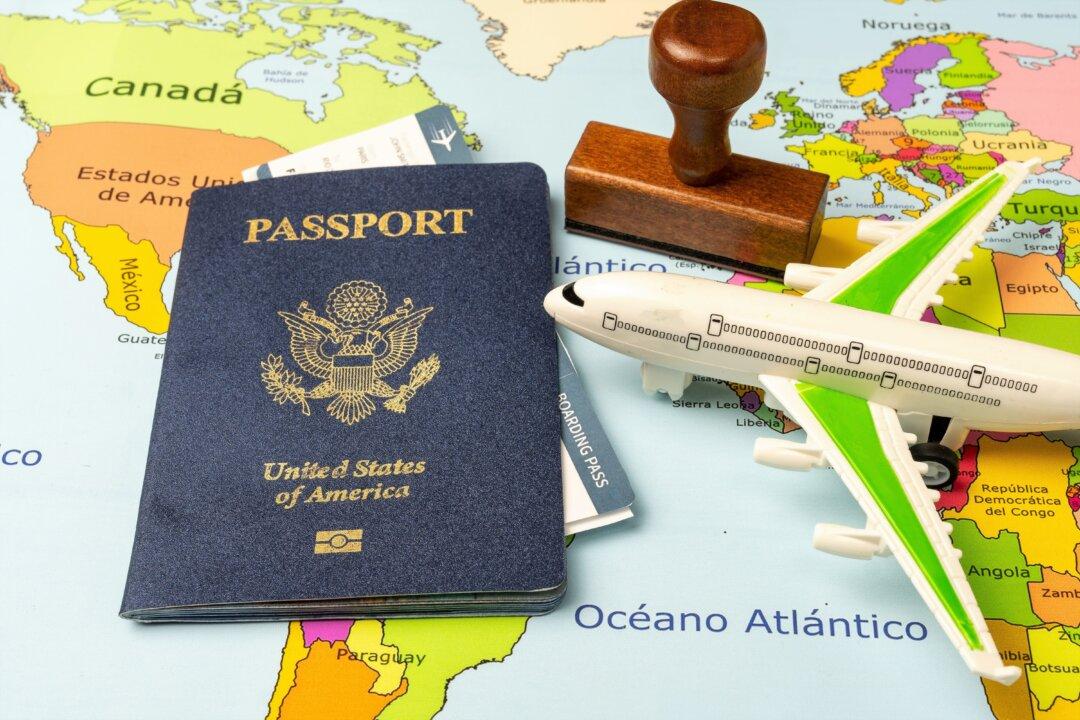Are you dreaming of retiring to a villa in Italy or a beach house in Costa Rica? It’s an exciting idea, especially when there’s a lower cost of living—but there’s a less glamorous side to consider: taxes. Yes, even if you retire abroad, the Internal Revenue Service (IRS) is still a guest at your international dinner table. But don’t let that dampen your spirits. Let’s demystify the tax side of your overseas retirement adventure.
Think of this as your friendly chat about tax treaties, foreign income, and those forms you’d rather not think about but should. By learning about the tax obligations you’ll face from Uncle Sam and the rules of your new home, you’ll gain a new understanding of what you’re in for. And, out of that new understanding, you’ll be less intimidated by a big retirement move.






